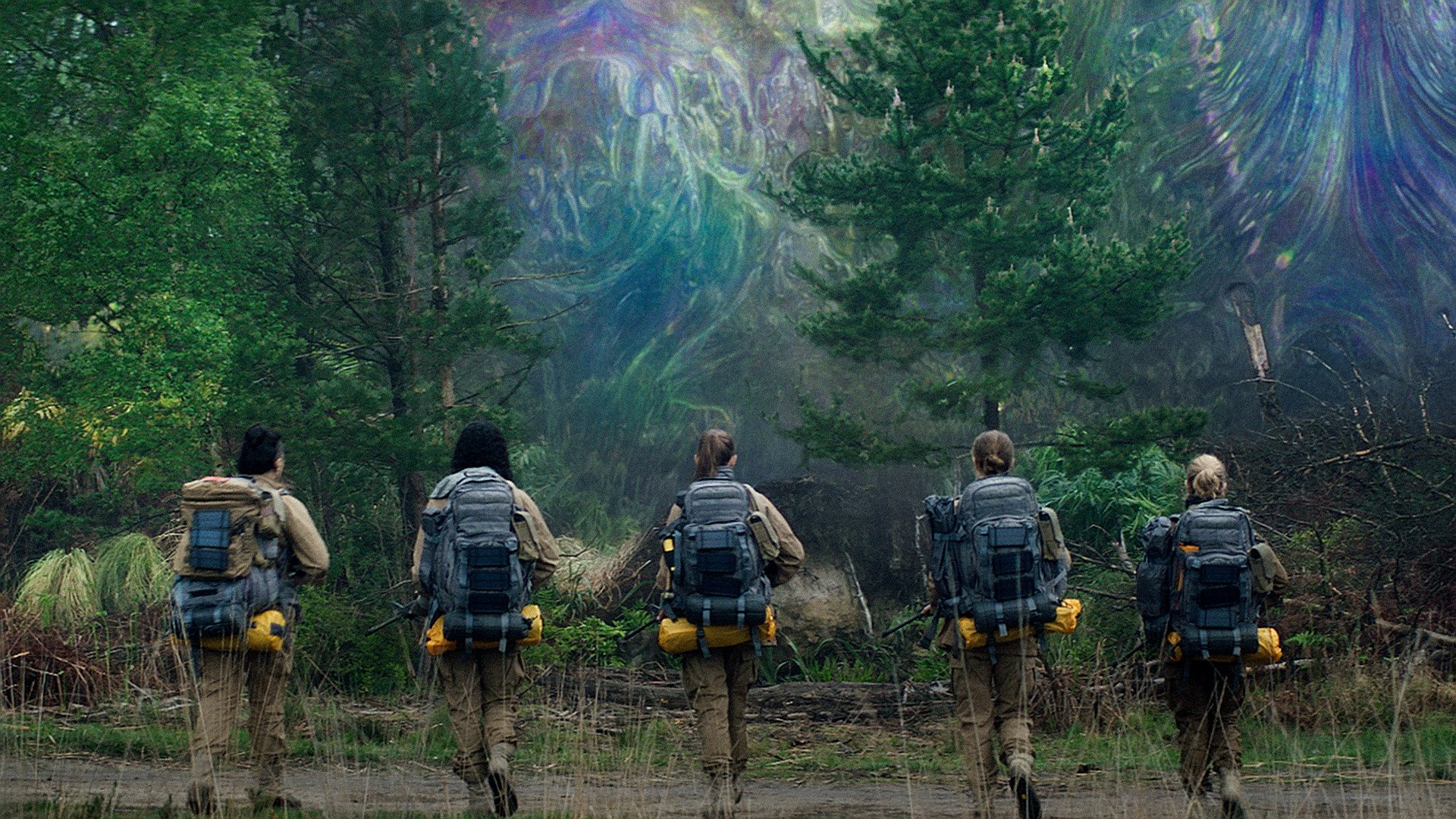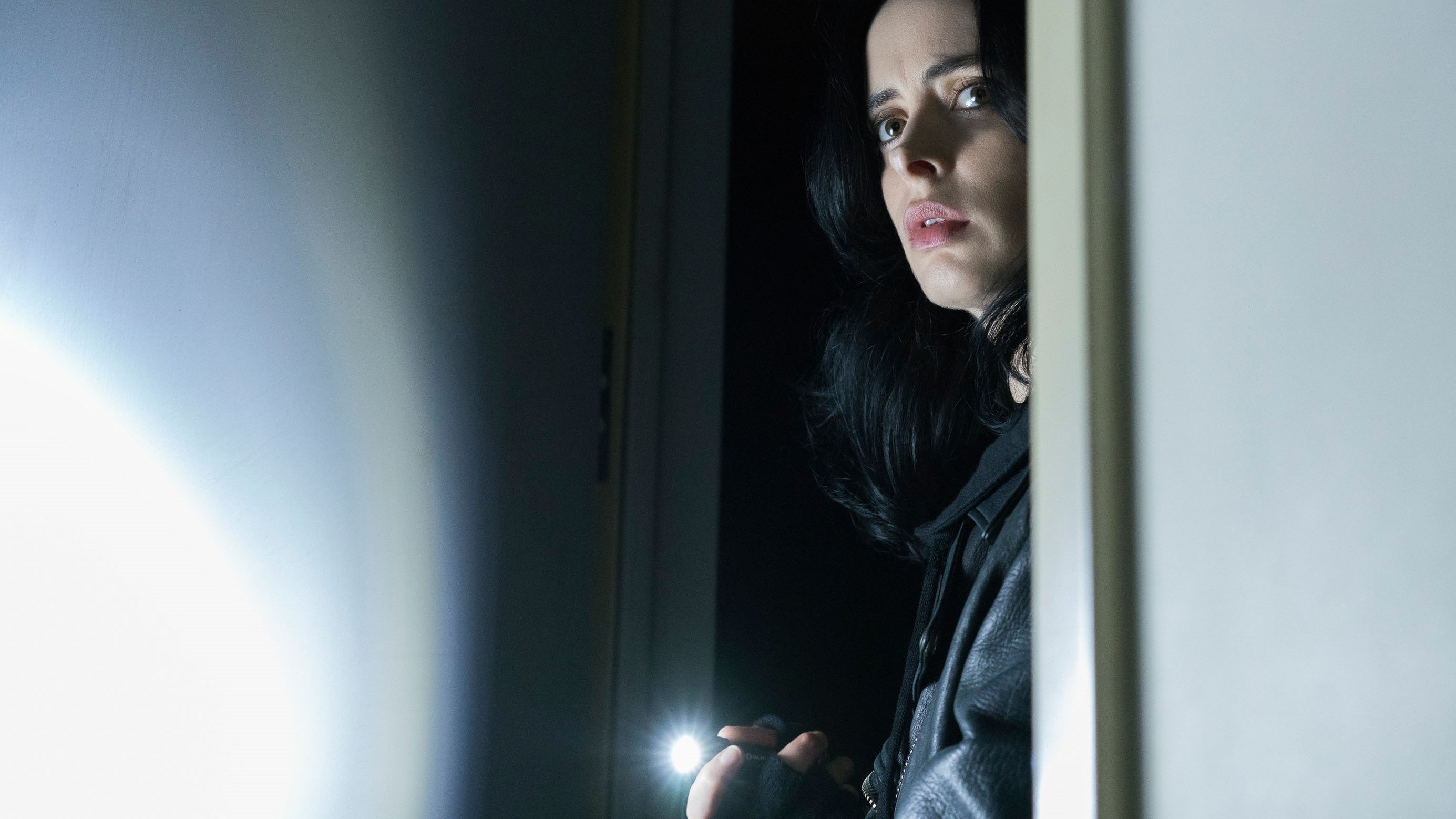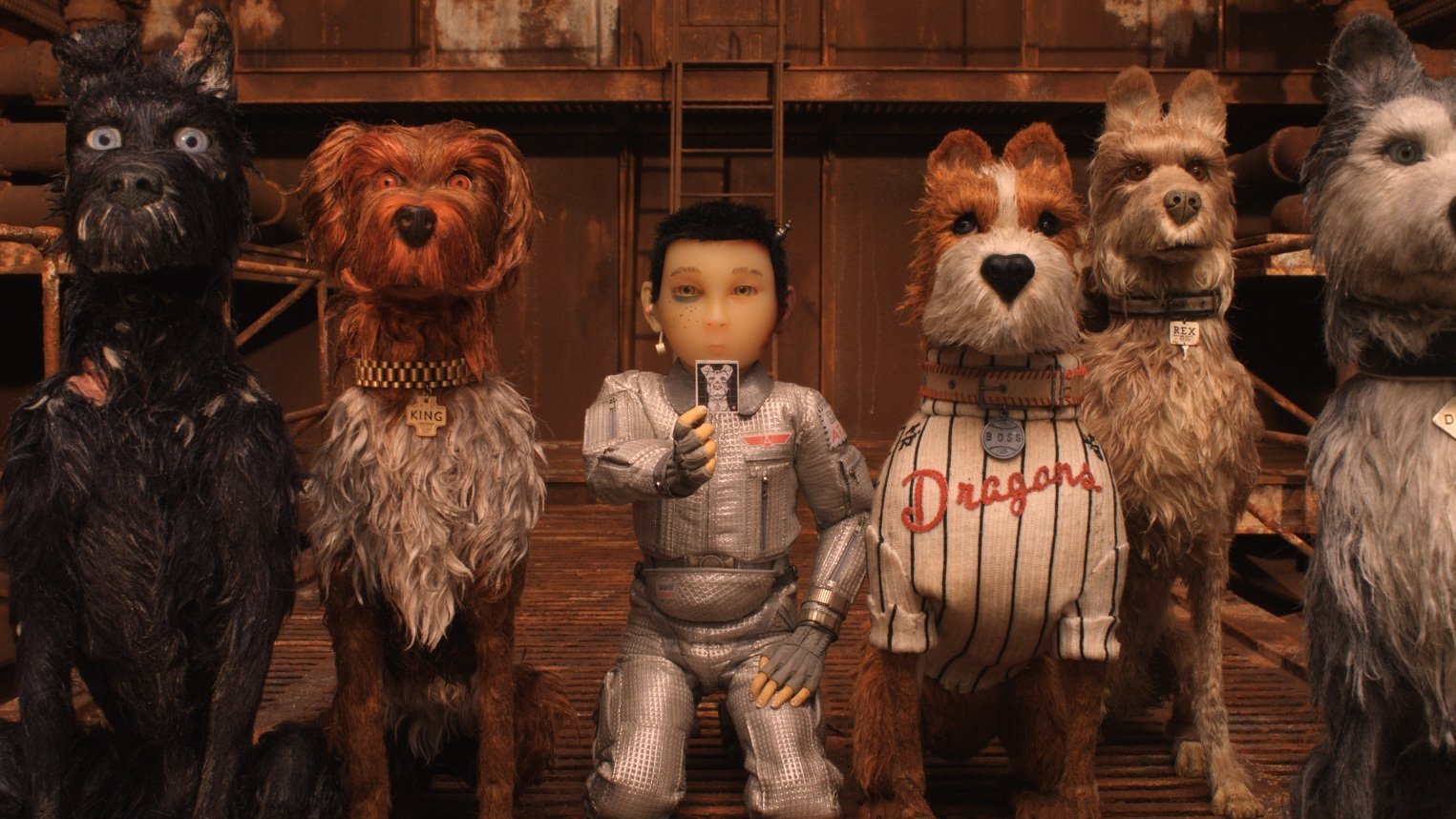Seen in… March

Phantom Thread Image via The Movie DB
A busy month left me squeezing in only a few movies, one documentary and a new season of Jessica Jones. In truth I did spend a lot of time rewatching 3 seasons of Silicon Valley while learning how to use a newly procured sewing machine so that I could hem some pants. All I can say is that seamstresses are underpaid. After failing to program my viewing for Black History Month I thought I’d have another go around International Women’s Day. This also did not go as planned and again was a reminder to just treat every month as an opportunity to see stories of the Black American experience or from the female perspective.
Phantom Thread
P.T. Anderson has done it again. He made a masterful film that was incredibly beautiful and dull until he twisted the knife. I feel like the theatre is really the only place to see this type of movie because you paid for it and then you feel obliged to stick around and pay attention. If this were a movie you were watching at home you probably would have abandoned it to make a sandwich and turned it off before the turn in the story. Daniel Day-Lewis is Reynolds Woodcock (snicker) an extraordinarily talented and renowned dressmaker and designer. He’s also an obsessive narcissist with a strong Machiavellian streak who suffers bouts of deep depression. He has a habit of taking young models as his muse and discarding them when he’s done, until he meets his match in will and focus, Alma. Alma is a beautiful young woman who happens to have a naturally perfect dress size. As their relationship strengthens so too does Reynolds’ control over Alma until she begins to feel more like a fitting mannequin than partner. The odd thing about Reynolds’ mistreatment of women is that he is surrounded by them and his sister, who is the only one who seems to keep any eye on the business is a particular influence. This movie reminds me of older films of the 70s where a quiet desperate power dynamic was playing out before our eyes. In the end, I’m not sure you could really say what this film is about (Relationships? Co-dependence? Creativity? Love? Depression? All of the above?) which is exactly what leaves it sticking around in your head after having seen it. It also reminded me of a more recent film, The Duke of Burgundy but I’ll leave it to you to make your own connections.
Annihilation Image via The Movie DB
Annihilation
Natalie Portman plays Lena, a biologist and former marine, whose husband disappeared a year earlier on a military mission and returns only to become seriously ill almost on her doorstep. While rushing to the hospital Lena and her husband are immediately stopped, taken into custody and quarantined by government agents. It turns out, Lena’s husband was part of an expeditionary force that entered a remote area which has become contaminated (in a manner of speaking) after a meteorite crashes there. The contaminated zone, dubbed “The Shimmer” is growing and no one who has entered has returned. With the goal of discovering what has infected her husband Lena volunteers to join quartet of fierce women for another mission into the zone. It is only asked once why the team are entirely female, with the only answer being they were the right personnel for the job. Within The Shimmer, the team lose all sense of time, directions and purpose. In this sense, it is very much like Tarkovsky’s Stalker. What they discover is part mind-blowing sci-fi, part thrill of the unknown and part philosophical quandary. In this sense, it is very much like Ridley Scott’s Alien. In the end, Lena prevails or at least the thing that Lena has become.Joan Didion: The Center Will Not Hold
I didn’t really know that much about Joan Didion. I knew of her as a journalist, an influential American writer and feminist (I assumed). The only work of her’s I knew anything about was The Year of Magical Thinking, a memoir and perhaps a treatise on the grief following the death of her husband and daughter (though that book didn’t deal with both deaths). What I definitely didn’t know was that her husband, John Dunne, himself a successful writer, was Dominick Dunne’s brother, who is also a celebrated writer and coincidentally the father of actor Griffin Dunne (her nephew is also the filmmaker in this case). Didion and Dunne were for a time part of a celebrated group of East Coast intellectuals and writers until they moved to California. Then they became part of a group of celebrity West Coast intellectuals, writers and film makers. This unique intersection of journalism, memoirs, screen writing and socializing put Didion at the nexus of a change in American society. She wrote about crime, she wrote fiction, she wrote about society and her own life and in a weird way became an influential voice among a west coast elite while having an almost Forrest Gump-like ability to be in the middle of everything (from the kidnapping of Patty Hearst, the death of Robert Kennedy to the Charles Manson murders). Didion had a personal connection to events and people that formed the American experience (even casual encounters became notable friendships such as Harrison Ford being the cabinetmaker/contractor they invited to Easter brunches) and she deftly recorded and commented on it all. Watching this documentary not only gives historical American context to the second half of the 20th century but it also reveals how Didion used her considerable intelligence and talent to come to terms with the deepest kind of grief and longing.
Jessica Jones Image via The Movie DB
Jessica Jones Season Two
I’ve come to think of season two of this great series as #metoo for super-heroes. Several female characters either struggle to find or deal with their own form of empowerment (or lack of). Perhaps not as groundbreaking as season one nor as thrilling, we find Jones working her way through a case that has some seriously personal implications. Just as Jessica Jones realizes even she needs help from time to time, she finds she is running out of people she can depend on. My only disappointment would be this season conveniently ignores her experiences with both Luke Cage and the Defenders presumably to allow the show to stand on its on yet those overlaps are what we love about the MCU (Marvel Cinematic Universe).
Isle of Dogs. Image via The Movie DB
Isle of Dogs
Cultural appropriation but fun! Maybe you’ve seen the criticism of this film for being a story set entirely in Japan yet created by a pasty white American dude. Maybe you’ve even railed against such criticism as yet another example of political correctness gone awry (I know I have). Yet I’ve come to realize it is very difficult to see the world with someone else’s eyes or walk a mile in their shoes, while they are still wearing them and won’t let you try them because your shoes are stupid anyway… okay, that analogy got away from me. The short version is this: if you enjoyed Wes Anderson’s Fantastic Mr. Fox then you will enjoy this intricate stop-motion animated film about a boy who travels to a garbage island to save his beloved dog who, along with all other dogs, has been exiled from the city. If, on the other hand, you find Wes Anderson films trite and affected and more about the style than the substance then you will not like this film. As I left the theatre, I was behind a group of three friends and when one said, “Wow” another said, “Yeah, ‘wow’, I totally fell asleep.” to which the third said, “What? It was amazing! I loved it!” So there you go. I would say this though; with really visually overwhelming films, I think even when you are really enjoying yourself you might be overwhelmed to the point of shutting down and feeling drowsy. I found this with Life of Pi, probably one of the best films of that year and still one of the most visually arresting films I’ve ever seen. As to questions of the film being “tone deaf” or “culturally inappropriate”, I would really question that. While being the vision of one unique director, it is still a film, which is one of the most highly collaborative art forms we have and to discount one creator of the many who made it, is a discredit to everyone who worked on it. It’s strange that Kubo and the Two Strings, another beautiful stop-motion film set in Japan, while presented with a more traditional design, that had almost no Japanese contributors was received with none of the animus Isle of Dogs has which is full of Japanese writers, actors and generous homages to Japanese cinema.Death of Stalin
When a dictator dies, hilarity ensues. Armando Iannucci, British satirist and creator of In the Loop, The Thick of It and Veep has created the very definition of a dark comedy. It’s been said tragedy + time = comedy and perhaps that applies here. Iannucci has imagined what the days surrounding the death of Soviet leader Stalin must have been like as his lackeys and confidantes strategized and positioned themselves to take his place. Their dance moves were set to Stalin’s requiem and Iannucci is the best choreographer one could hope for.
I mean, this one image pretty much sums up the fetish-fest that is Sucker Punch. Image via The Movie DB


0 Comments:
Post a Comment
<< Home